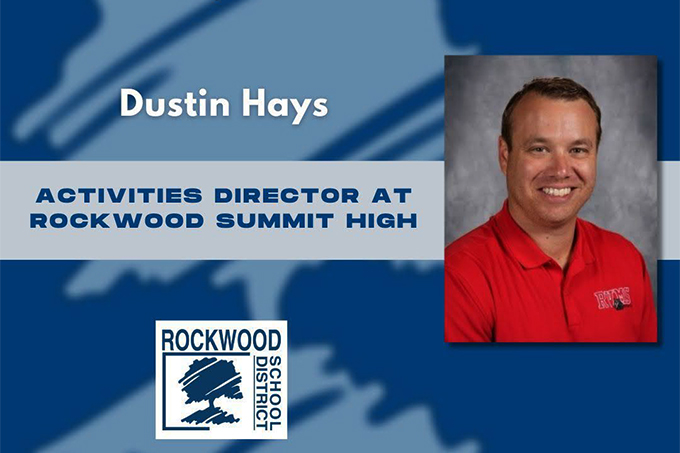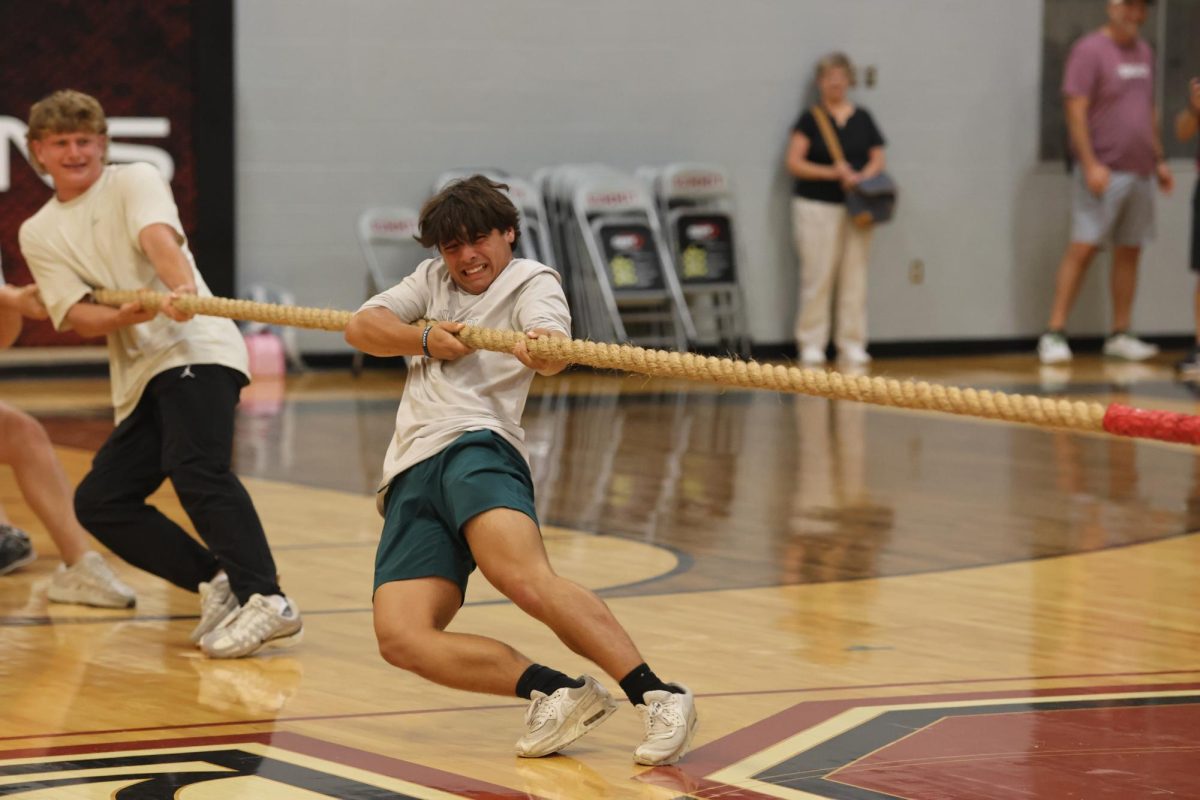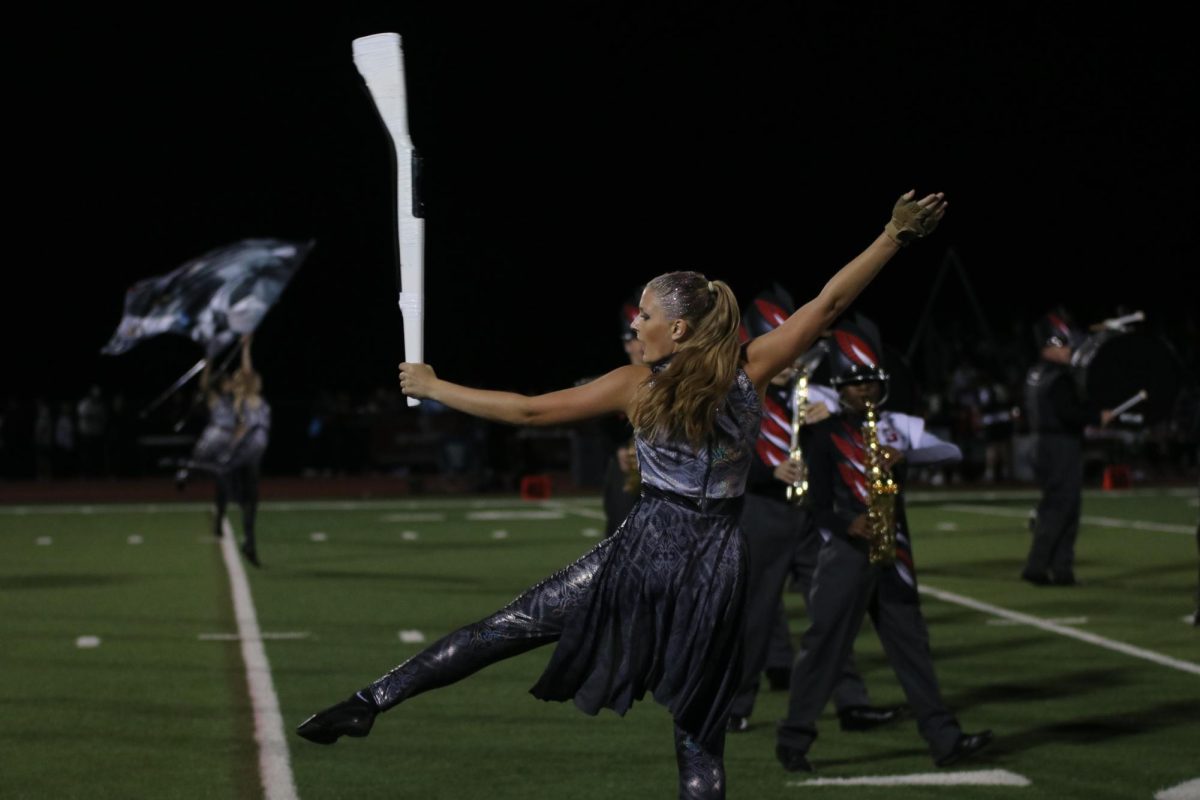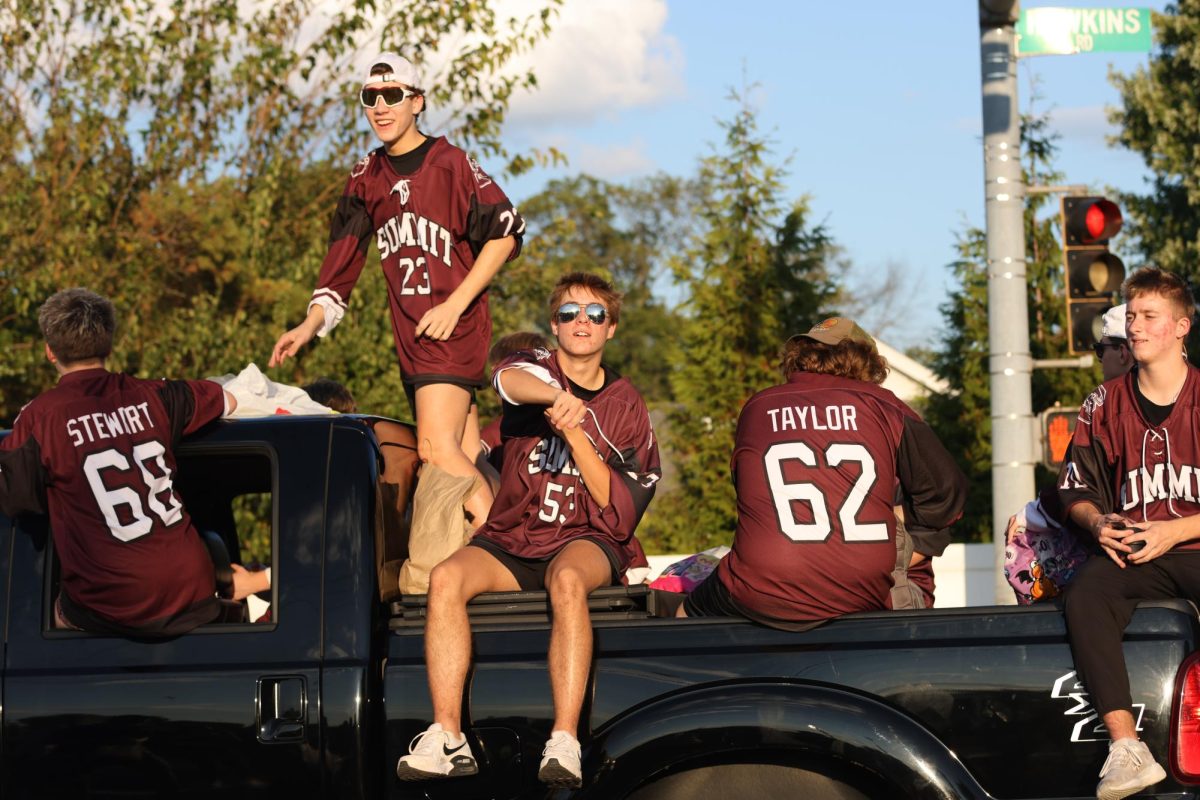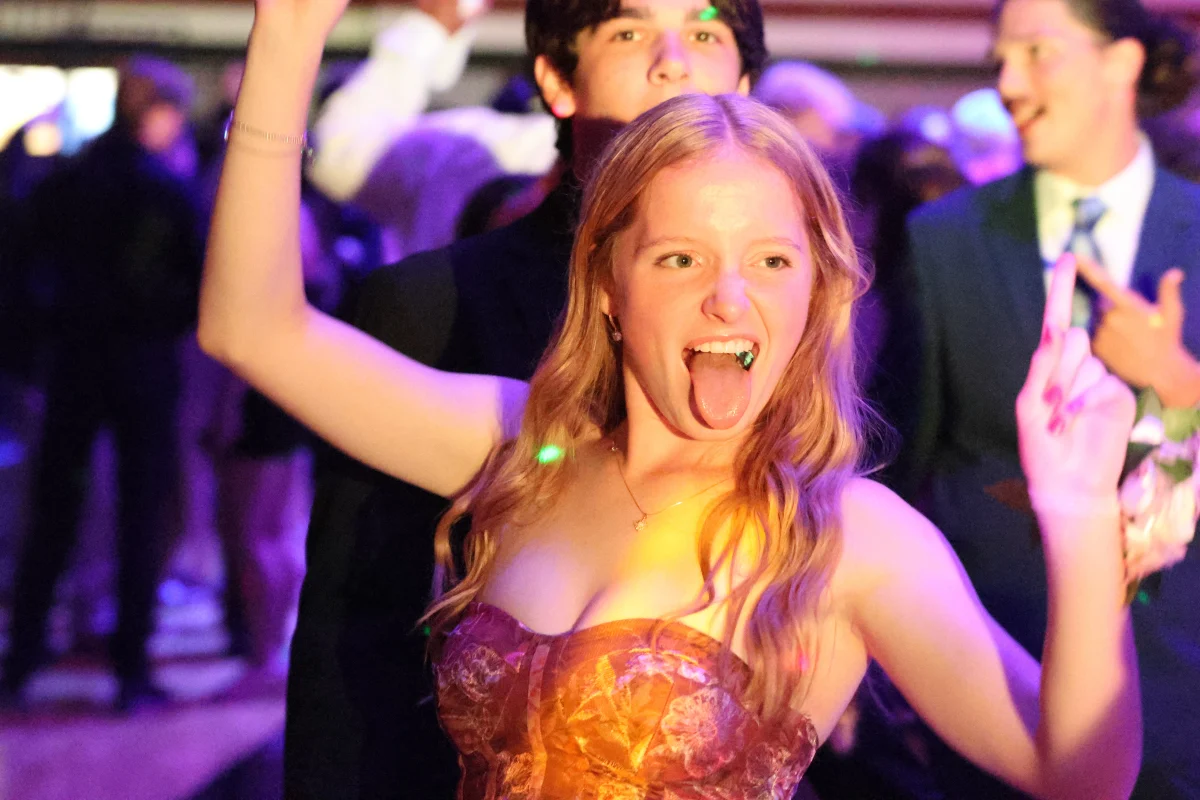New guidelines released that require the encouragement of turning on cameras during Zoom meetings have become a controversial topic for students and staff.
Many teachers are beginning to ask students to turn on their cameras during zoom meetings, but senior Corine Thier said she believes this may be invasive or stressful for some kids.
“I completely disagree with the requirement to have your camera on during Zoom. I think that it invades students’ privacy in their own home. Also, some students just don’t feel comfortable being on camera and I think that should be taken into consideration for students with things such as anxiety,” Thier said.
Junior Riley Garrett agreed with Thier, and said that having cameras on might also be stressful for her and her peers, simply because it adds even more pressure on kids who are already struggling to figure out how to deal with many new learning platforms and websites.
“I am against having the cameras on because this whole online school thing is new for everyone, and because the Chromebooks that students have are very slow. Due to slow internet and Chromebooks not working sometimes, online school can be very confusing and frustrating and I feel as though making students keep their cameras on only subconsciously adds more stress when everyone’s already trying to figure things out like how to work Canvas,” Garrett said.
Math teacher Sam Haug said that although he understands some circumstances may make it difficult for a student to turn on their camera, he is still encouraging cameras to be on because he believes that it is an important aspect of teaching online.
“Having the camera on is very important for me as a teacher, but there is no way for me to force every kid to have it on. I understand that there are some circumstances that hinder a student’s ability to stream, but I think the majority of students in my class do not fall under that umbrella. I think it is important for cameras to be on for multiple reasons,” Haug said. “If your screen is on, you are more likely to participate in class. Students will follow lessons better, do the examples we ask, and participate in discussions. If your screen is on, it gives the teacher better feedback on how the lesson is going. Teachers are trained in non-verbal cues that students give off. If kids are nodding their heads, I understand that they get it.”
Even though this guideline is merely just an encouragement for students and not yet a requirement, sophomore Jack Gianino said that he will do whatever his teacher asks.
“If the teacher requires or wishes it on their class for the camera to be on in the zoom call, then I will definitely have my camera on. I think everything ultimately depends on what the teacher wants,” Gianino said.

